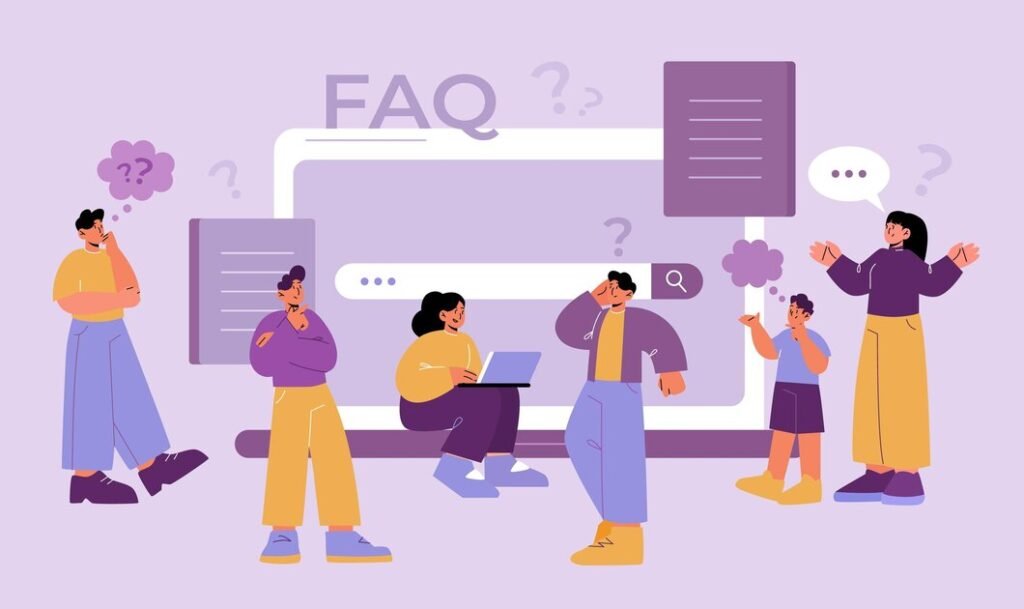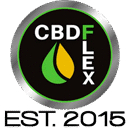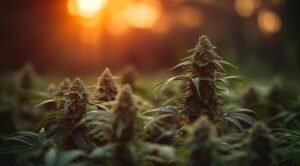CBD in the Food and Beverage Industry: A New Frontier in Wellness
In recent years, cannabidiol (CBD) has evolved from a niche health trend into a mainstream wellness staple. From tinctures and skincare to gummies…
Table of contents
In recent years, cannabidiol (CBD) has evolved from a niche health trend into a mainstream wellness staple. From tinctures and skincare to gummies and coffee, CBD has infiltrated almost every consumer category—including food and beverage. With increasing consumer demand for natural health solutions, the integration of CBD into meals, snacks, and drinks is transforming the culinary landscape.
While the conversation about CBD and workplace policies continues to raise questions, especially in corporate settings, another crucial discussion is unfolding in the culinary world: How is CBD reshaping the food and beverage industry, and what does it mean for health-conscious consumers and food entrepreneurs alike?
The Rise of CBD in Edibles and Beverages
The 2018 U.S. Farm Bill legalized hemp-derived CBD with less than 0.3% THC, opening the floodgates for innovation. As a result, food and beverage companies began infusing CBD into everything from chocolates to sparkling water. The appeal? CBD is known for its potential to reduce anxiety, improve sleep, and ease inflammation—making it a natural fit for wellness-centered culinary experiences.
Popular CBD-Infused Products:
- CBD Coffee & Tea
- Sparkling CBD Seltzers
- CBD Chocolates & Baked Goods
- CBD Protein Bars
- CBD Cocktails and Mocktails
Why Consumers Love CBD-Infused Foods
The integration of CBD into everyday products specially on stuff like CBD Gummies eliminates the stigma often associated with smoking or vaping. For consumers, eating or drinking CBD feels more approachable and aligns with lifestyle habits already in place.
Key Benefits:
- Discreet and Convenient: Easy to consume without drawing attention.
- Controlled Dosing: Pre-measured amounts make it easier to track intake.
- Combines Pleasure with Wellness: Enjoy your favorite food or drink while supporting mental and physical health.
Additionally, CBD’s non-psychoactive nature ensures users can enjoy its benefits without experiencing a “high,” making it accessible to a broader audience—including those concerned about CBD and workplace implications.
Industry Growth and Market Trends
The global CBD food and beverage market is projected to grow exponentially over the next decade. This is driven not only by changing consumer preferences but also by the wellness movement and increased legalization.
Notable Trends:
- Functional Beverages: Drinks that combine CBD with vitamins, adaptogens, and electrolytes.
- CBD Dining Experiences: Restaurants offering gourmet meals infused with CBD.
- Microdosing: Products designed for minimal, consistent daily doses.
- Transparency & Lab Testing: Demand for clearly labeled and lab-tested products is rising to ensure safety and efficacy.
Challenges and Regulatory Hurdles
Despite the excitement, the CBD food and beverage space still faces significant regulatory ambiguity—especially from the U.S. Food and Drug Administration (FDA). While CBD is legal, incorporating it into food is still a gray area in many states.
Regulatory Considerations:
- FDA Approval: As of now, the FDA has not approved CBD as a food additive in interstate commerce.
- State-by-State Rules: Some states allow it, while others ban or restrict its use in edibles and drinks.
- Labeling Requirements: Products must avoid making unverified health claims and clearly state CBD content.
Companies must navigate these hurdles carefully, especially those who also must consider CBD and workplace policy compliance for employees involved in production and handling.
CBD and Workplace Safety in Food Production
When discussing CBD in the context of the food and beverage industry, CBD and workplace safety remains critical. Employees must be trained in proper handling, storage, and labeling to meet health and safety regulations. Moreover, employers may enforce policies restricting the consumption of CBD on the job, especially in food prep environments.
5 FAQs About CBD in the Food and Beverage Industry

1. Is it legal to add CBD to food and drinks?
Legality varies by state. While CBD from hemp is federally legal, the FDA has not yet approved it as a food additive nationwide. Always check local regulations before producing or consuming.
2. Can CBD edibles get you high?
No. CBD is non-psychoactive, and when derived from hemp (with less than 0.3% THC), it does not produce a high.
3. Are there side effects to consuming CBD in food?
CBD is generally well-tolerated, but some may experience drowsiness, changes in appetite, or digestive discomfort, especially in high doses.
4. How do I know how much CBD is in my food or drink?
Reputable brands provide Certificates of Analysis (COA) from third-party labs to verify potency and purity. Always read the label for dosage information.
5. Can restaurant workers use CBD while working?
It depends on the employer’s policy. Since CBD may affect alertness, some workplaces discourage its use on the job. Employees should refer to their workplace policy on CBD use.
Final Thoughts
CBD is undoubtedly transforming the food and beverage industry by offering new ways for consumers to integrate wellness into their daily routines. From gourmet dishes to grab-and-go drinks, CBD has carved out a significant niche—but one that requires careful consideration of legal and workplace factors.
As the market continues to evolve and regulations become clearer, businesses and consumers alike will have more freedom to explore this exciting intersection of food, wellness, and innovation. Whether you’re a foodie, health enthusiast, or entrepreneur, staying informed about CBD and workplace implications is essential to navigating this budding industry safely and successfully.








One Comment